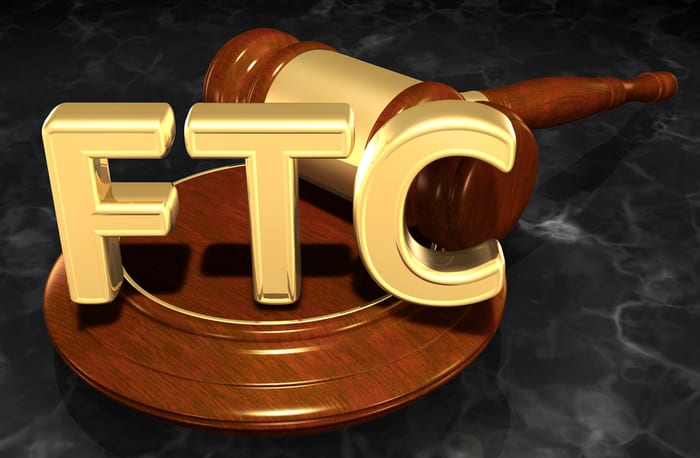FTC Bans Rogue Payment Processor In Settlement Over Alleged Scams

A Texas operator of several payment processing centers has agreed to be permanently banned from the industry in order to settle charges by the Federal Trade Commission (FTC) and the state of Ohio that they unlawfully participated in scams, according to a press release.
Madera Merchant Services LLC, also doing business as eCheck Processing and B&P Enterprises LLC, and their owners, Bruce C. Woods and Patricia Woods, along with executive Victor Rodriguez, allegedly helped perpetuate a number of scams targeted by the FTC and other consumer protection agencies, the release states.
The FTC and Ohio officials filed their complaint against the trio in U.S. District Court for the Western District of Texas.
The FTC said in the release that the defendants used payment orders and created checks, all remotely, to facilitate payments for dishonest merchants, allowing them to draw money from consumer victims’ bank accounts. In addition, the defendants used the scheme to process millions of dollars for student debt reduction and credit card interest reduction telemarketing scams.
“Payment processors who help scammers steal people’s money are a scourge on the financial system,” said Andrew Smith, director of the FTC’s Consumer Protection Bureau, in the release. “When we find fraud, we are committed to rooting out payment processors and other companies who actively facilitate and support these fraudulent schemes.”
The judge’s order prohibits the defendants from taking part in any payment processing activity, according to the release. In addition, the defendants have been ordered to pay an $8.6 million fine. Regulators said most of the fine is suspended due to an inability to pay.
In her ruling, U.S. District Court Judge Kathleen Cardone ordered Bruce and Patricia Woods and Rodriguez to cooperate with representatives of the FTC and state regulators in any investigation related to the transactions that are the subject of the complaint.
The defendants must provide truthful and complete information, evidence and testimony, the judge wrote, and defendants must appear for interviews, discovery, hearings, trials and any other proceedings.
“It is further ordered that defendants, defendants’ officers, agents, employees and attorneys, and all other persons in active concert or participation with them, who receive actual notice of this order … are permanently restrained and enjoined from engaging in unfair or deceptive acts or practices in violation of [Ohio law],” Cardone wrote.